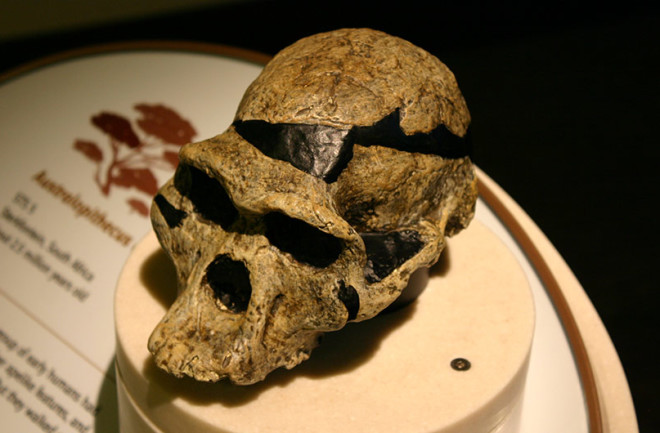(Inside Science) — In the late 1970s, anthropologists popularized the now familiar scenario that our very early ancestors were scavengers rather than hunters. These ancestors, the australopithecines, lived on the African savanna between 2 million and 4 million years ago. Most researchers think that instead of actively hunting large game, the australopithecines likely consumed whatever edible portions were left on the carcasses of large animals killed by carnivores such as wild dogs, hyenas, leopards and lions.
In a new and still speculative hypothesis, researchers suggest that, yes, early human ancestors — called hominins — were indeed scavengers. But they also believe that our ancestors were highly selective.

